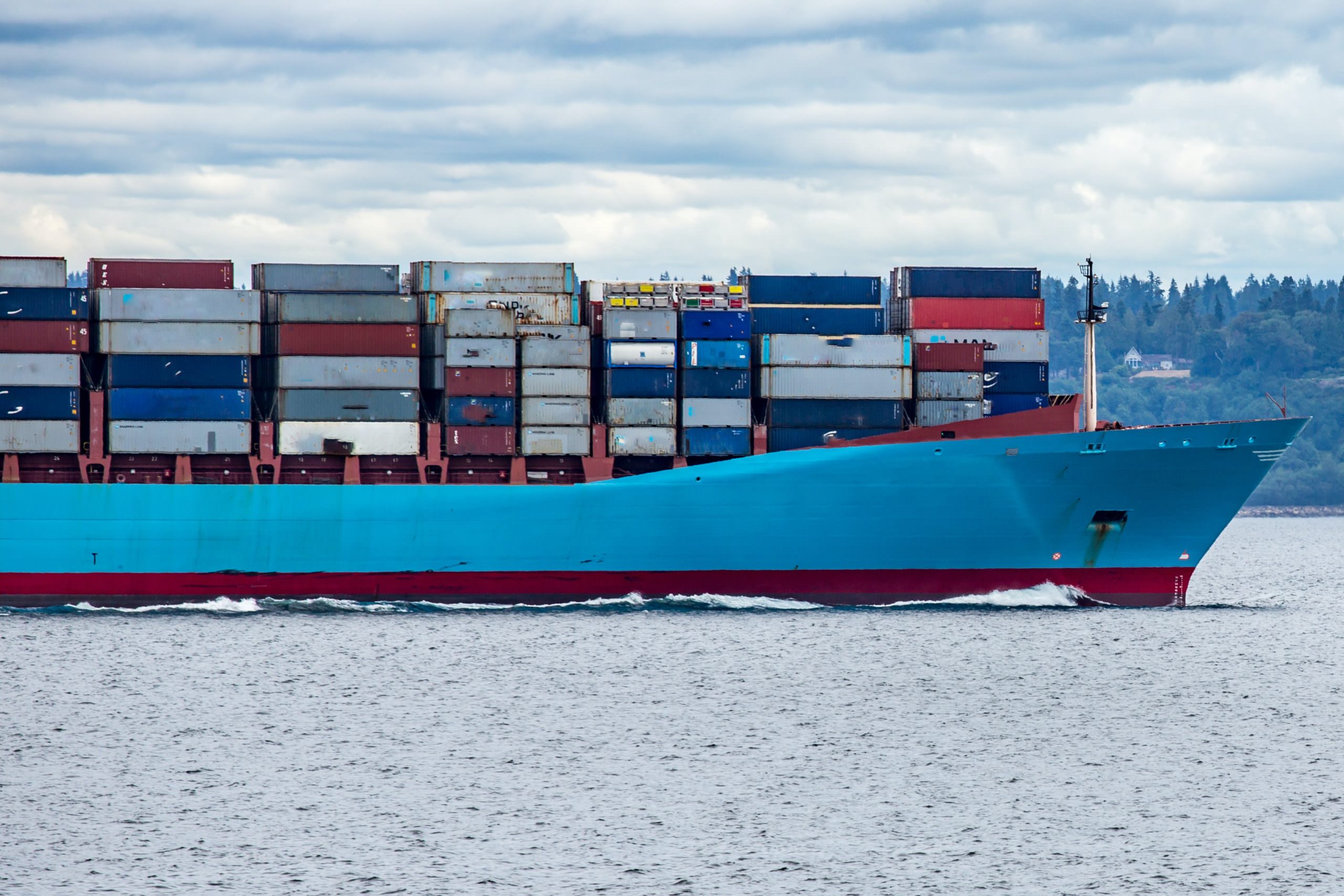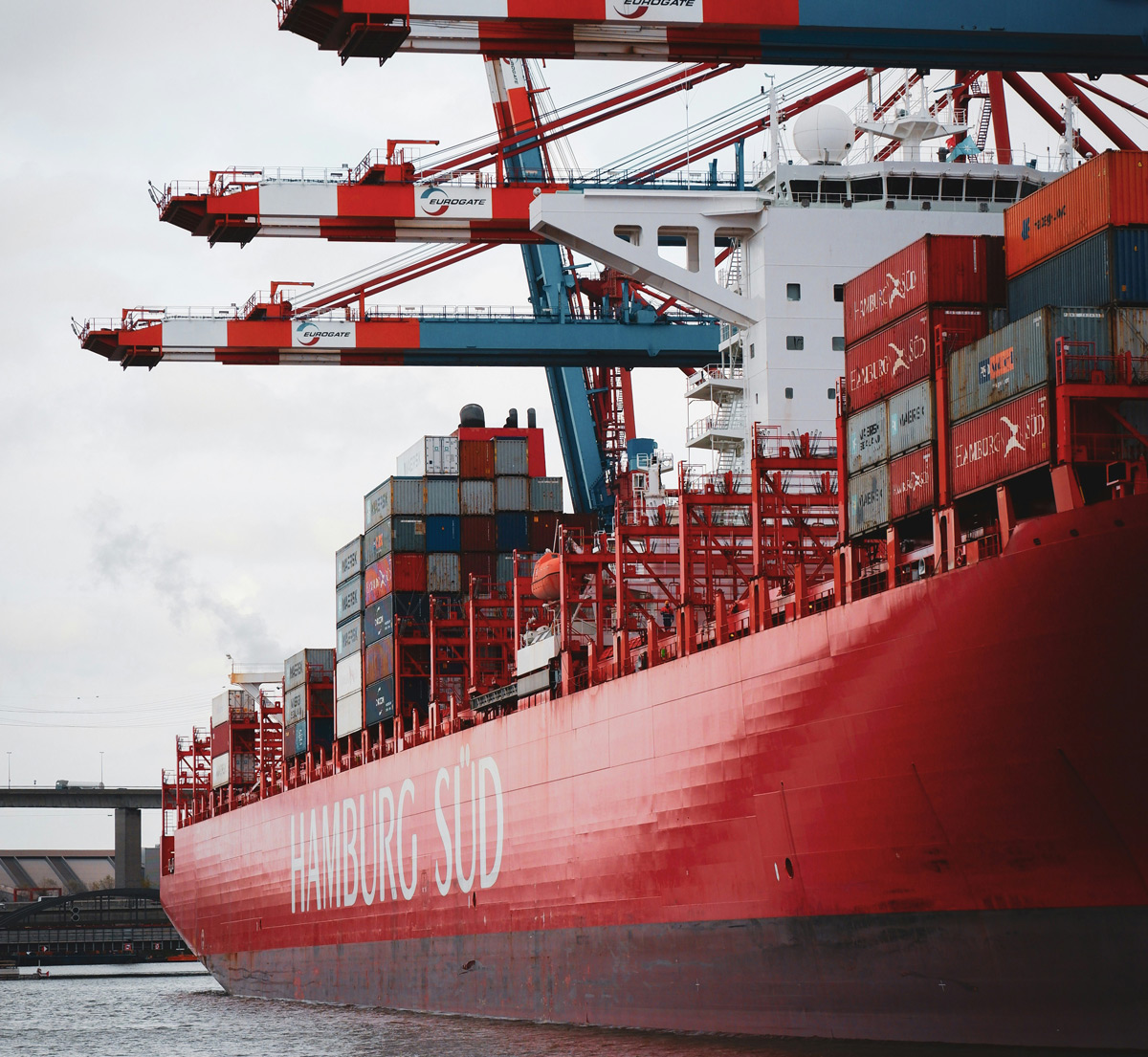Tag: GitLab
GitLab is a web-based DevOps platform that provides version control, continuous integration, and deployment capabilities for software development projects.
-
Performance improvements for GitLab on servers with limited resources
When running GitLab, the default installation enables all services by default. This might result in a poor performance, especially when the server has limited resources like RAM or CPU power. To improve the performance of your installation, you can follow the GitLab documentation which provides some useful settings. A detailed description is available at docs.gitlab.com.…
-
Install and update GitLab Runner
I already wrote a summary on how to Setup GitLab Runner for Docker containers on Synology NAS. As this article has a lot of details for the Synology setup, I decided to write a short summary for this topic on a regular Linux server. So let’s go… Before we start, we need to have Docker…
-
GitLab CI + Flutter: pub: command not found
In one of my projects, I used a GitLab environment to perform Flutter tests. For this, I setup my .gitlab-ci.yaml to use a Flutter docker image of cirrusci/flutter for code quality check or tests. The file looks like this: Up to version 2.10.* of the Flutter docker image, this worked fine. But starting with version…
-
How to Run and Update Docker Images and Containers
The following post shows the default workflow to run and update a Docker image based on the example of GitLab. But this should also work for other containers. Docker Installation First make sure that your local machine has Docker installed. I use Debian and for this, a detailed description is available in Dockers documentation. There…
-
GitLab – ERROR: Registering runner… failed, certificate signed by unknown authority
If your self-hosted GitLab server is using a self-signed certificate for https, it might be possible that you get an error during the registration of a GitLab Runner: To solve the problem, you have to provide the full chain certificate *.pem used by your GitLab Server: In my case, the valid certificate could be found…
-
Run GitLab console on Synology NAS
As the Synology DSM uses Docker to run GitLab, we can use Docker as well to install GitLab. To run the GitLab console, connect to the Synology using SSH first: Then, connect to the GitLab container by using the following command: Note: you might adjust the name of the GitLab docker depending on your system.…
-
GitLab on Synology: set ‘external_url’
There are two (or even more) solutions to install GitLab on a Synology: Depending on the type of installation, different settings are required to update the external url. Using Docker container The external url of GitLab can e defined in /etc/gitlab/gitlab.rb. The parameter takes an url and can also handle a port: Important: when a…
-
Setup GitLab Runner for Docker containers on Synology NAS
The Synology NAS system provides a convenient way to install software packages. One of those packages is Docker, which can be used to install additional software. This posts describes how to install and register GitLab Runner for Docker on a Synology NAS. The setup described in this post has been tested on the following system:…





